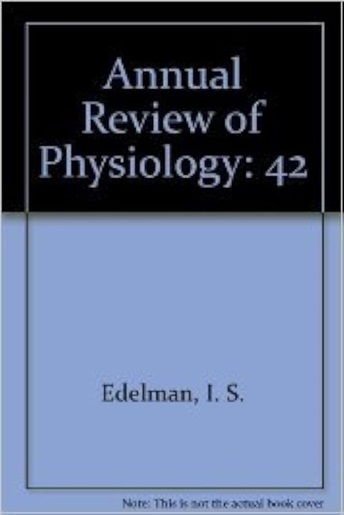酸性肿瘤微环境是癌症的驱动因素。
IF 15.7
1区 医学
Q1 PHYSIOLOGY
引用次数: 412
摘要
由于高代谢活性和灌注不足,酸性代谢废物在肿瘤微环境中积累。在肿瘤中,间质间隙的酸性和相对维持良好的细胞内pH影响癌症和基质细胞的功能、它们的相互作用以及它们与细胞外基质的相互作用。肿瘤pH在空间和时间上是不均匀的,并且当癌症细胞遇到酸性较低的肿瘤区域时,例如在侵袭期间,它们适应细胞外酸性的适应性优势可能特别明显。通过对遗传稳定性、表观遗传学、细胞代谢、增殖和存活的复杂影响,划分的pH微环境有利于癌症的发展。细胞选择加剧了恶性表型,而酸诱导的细胞运动、细胞外基质降解、免疫反应减弱以及细胞和细胞间信号的改变进一步增强了恶性表型。在这篇综述中,我们讨论了肿瘤微环境的酸性如何影响癌症发展的每个阶段,从发育不良到全面转移性疾病。《生理学年度评论》第82卷预计最终在线出版日期为2020年2月10日。请参阅http://www.annualreviews.org/page/journal/pubdates用于修订估算。本文章由计算机程序翻译,如有差异,请以英文原文为准。
The Acidic Tumor Microenvironment as a Driver of Cancer.
Acidic metabolic waste products accumulate in the tumor microenvironment because of high metabolic activity and insufficient perfusion. In tumors, the acidity of the interstitial space and the relatively well-maintained intracellular pH influence cancer and stromal cell function, their mutual interplay, and their interactions with the extracellular matrix. Tumor pH is spatially and temporally heterogeneous, and the fitness advantage of cancer cells adapted to extracellular acidity is likely particularly evident when they encounter less acidic tumor regions, for instance, during invasion. Through complex effects on genetic stability, epigenetics, cellular metabolism, proliferation, and survival, the compartmentalized pH microenvironment favors cancer development. Cellular selection exacerbates the malignant phenotype, which is further enhanced by acid-induced cell motility, extracellular matrix degradation, attenuated immune responses, and modified cellular and intercellular signaling. In this review, we discuss how the acidity of the tumor microenvironment influences each stage in cancer development, from dysplasia to full-blown metastatic disease. Expected final online publication date for the Annual Review of Physiology, Volume 82 is February 10, 2020. Please see http://www.annualreviews.org/page/journal/pubdates for revised estimates.
求助全文
通过发布文献求助,成功后即可免费获取论文全文。
去求助
来源期刊

Annual review of physiology
医学-生理学
CiteScore
35.60
自引率
0.00%
发文量
41
期刊介绍:
Since 1939, the Annual Review of Physiology has been highlighting significant developments in animal physiology. The journal covers diverse areas, including cardiovascular physiology, cell physiology, ecological, evolutionary, and comparative physiology, endocrinology, gastrointestinal physiology, neurophysiology, renal and electrolyte physiology, respiratory physiology, and special topics.
 求助内容:
求助内容: 应助结果提醒方式:
应助结果提醒方式:


